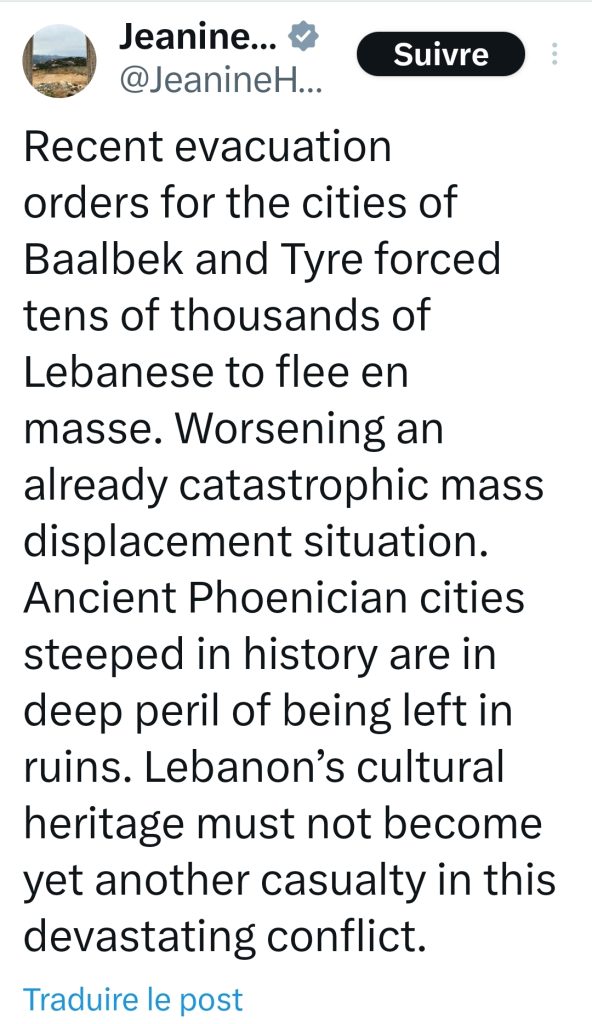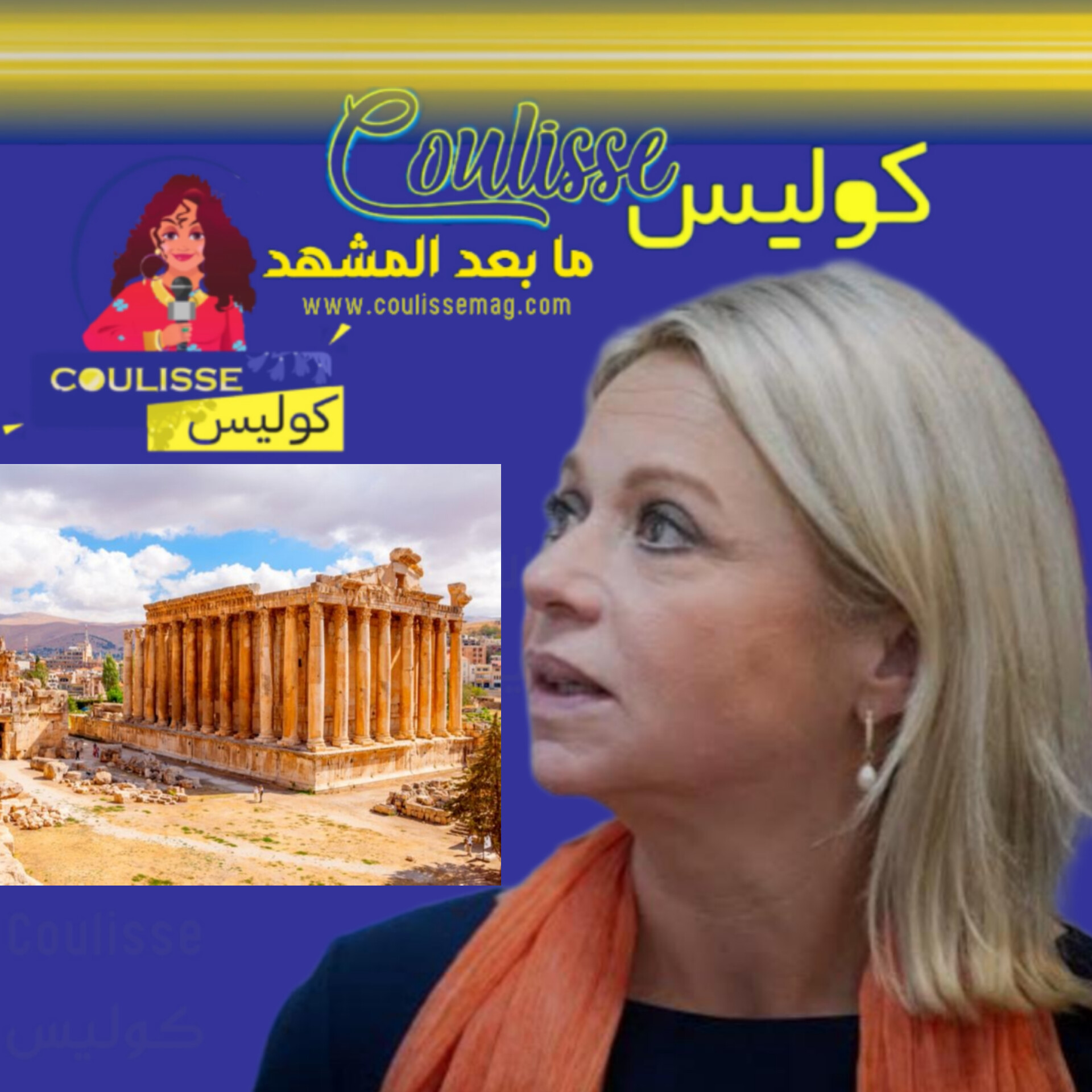The United Nations Special Coordinator for Lebanon, Jeanine Hennis, recently highlighted the dire consequences facing Lebanon due to recent evacuation orders in Baalbek and Tyre. These ancient cities, rich in Phoenician history, are witnessing a severe threat due to escalating conflicts, leading tens of thousands of residents to flee en masse.
Mass Displacement in Lebanon
The recent evacuation orders have significantly worsened the mass displacement situation in Lebanon. The sudden exodus of people underscores a humanitarian crisis, where already strained resources are being tested further. Families are leaving behind their homes, possessions, and livelihoods, seeking safety in an increasingly unstable region.
Cultural Heritage in Peril
Baalbek and Tyre aren’t just cities; they are treasures of global cultural heritage. These locations, with their rich history and archaeological significance, are invaluable to both Lebanon and the world. The ruins of ancient temples and structures are not just monuments; they are pieces of history that tell the story of human civilization and the evolution of culture in the region.
However, as conflicts spiral out of control, these timeless wonders could face irreparable damage. In her post, Jeanine Hennis emphasized that Lebanon’s cultural heritage must not become another casualty of the ongoing conflict. Protecting these sites is crucial, not just for Lebanon, but for preserving human history.
Urgent Need for International Support
Hennis’s call for preserving Lebanon’s cultural sites emphasizes the need for international awareness and support. Protecting these landmarks requires collaboration between global organizations, local authorities, and cultural preservation experts. It’s about safeguarding history while addressing the humanitarian needs of those affected by displacement.
Hope for Stability and Presevation
While the situation is critical, there remains hope that through swift action and international cooperation, Lebanon can stabilize, and its cultural heritage can be preserved. The world must rally around Lebanon, ensuring that its historical sites endure for future generations to appreciate and learn from.
In conclusion, the message from Jeanine Hennis is clear. Lebanon’s current challenges demand urgent attention both for the displaced citizens and the protection of its rich cultural legacy. Safeguarding both lives and history is paramount in navigating this tumultuous period. The world must take note and act to ensure that Lebanon’s unique heritage stands resilient against the tides of conflict.
Lima Al Mulla

 منصّة كوليس منصة إخبارية فنية إجتماعية عربية مستقلة
منصّة كوليس منصة إخبارية فنية إجتماعية عربية مستقلة









